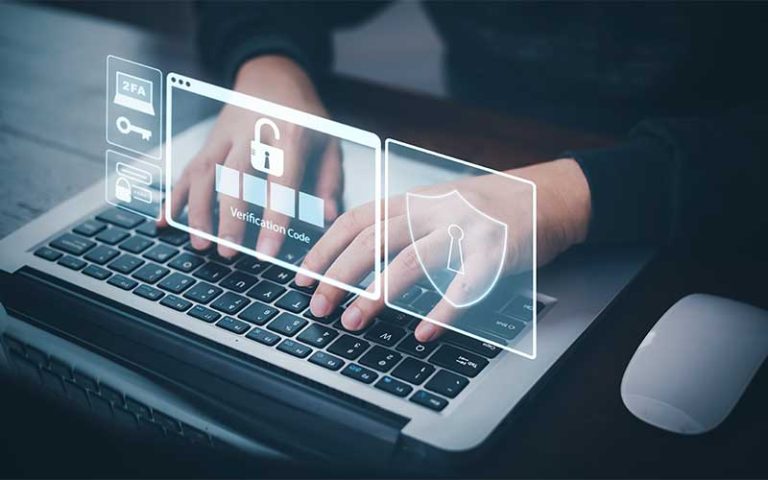How to protect your online privacy with VPNs and proxies
In today’s digital age, protecting your online privacy is more important than ever. With cyber threats on the rise and concerns over data breaches and online surveillance, many internet users…
In today’s digital age, protecting your online privacy is more important than ever. With cyber threats on the rise and concerns over data breaches and online surveillance, many internet users are turning to VPNs and proxies as tools to safeguard their online activities. This article will explore how VPNs and proxies work, how they can protect your online privacy, and provide tips on choosing the right service for your needs.
Understanding VPNs and Proxies
Before diving into how VPNs and proxies can protect your online privacy, it’s essential to understand what they are and how they work.
What is a VPN?
A Virtual Private Network (VPN) is a service that creates a secure, encrypted connection between your device and the internet. By routing your internet traffic through a VPN server, your IP address is masked, making it appear as though you’re connecting from a different location. This process helps protect your online privacy and can also bypass geo-restrictions.
What is a Proxy?
A proxy server, often simply referred to as a proxy, is an intermediary server that sits between your device and the internet. It processes your web requests and forwards them to the intended destination, essentially acting as a middleman. Proxies can also hide your IP address, but they do not provide the same level of encryption and security as VPNs.
How VPNs and Proxies Protect Your Online Privacy
VPNs and proxies can protect your online privacy in several ways:
Hiding Your IP Address
Both VPNs and proxies hide your IP address, making it difficult for websites, advertisers, and hackers to track your online activities or determine your physical location.
Encrypting Your Data
VPNs encrypt your data, ensuring that any information you send or receive over the internet is secure from prying eyes. While proxies don’t typically offer the same level of encryption, some proxy services do provide SSL encryption for added security.
Bypassing Geolocation Restrictions
By masking your IP address, VPNs and proxies allow you to access content that might be restricted based on your geographical location. This includes streaming services, news websites, and social media platforms.
Choosing the Right VPN or Proxy Service
When selecting a VPN or proxy service, consider the following factors:
Security Features
Choose a service that offers robust security features, such as strong encryption, a no-logs policy, and protection against DNS leaks. These features are more commonly found in VPN services but may also be available with some proxy services.
Speed and Reliability
A reliable and fast connection is essential for a seamless online experience. Research user reviews and test the service’s connection speed before committing to a subscription.
Compatibility and Ease of Use
Ensure the VPN or proxy service is compatible with your devices and operating systems. Additionally, opt for a user-friendly service with easy-to-navigate interfaces and responsive customer support.
Tips for Maximizing Your Online Privacy
In addition to using a VPN or proxy, take these steps to further protect your online privacy:
- Keep your software up-to-date, including your operating system, browsers, and antivirus programs.
- Enable two-factor authentication for your online accounts whenever possible.
- Be cautious when using public Wi-Fi networks, as they can be vulnerable to hacking and data snooping.
- Review and adjust your privacy settings on social media platforms and other online services.
- Use strong, unique passwords for each of your online accounts and consider using a password manager.
Conclusion
Protecting your online privacy is crucial in today’s interconnected world. VPNs and proxies offer valuable tools for safeguarding your privacy by hiding your IP address, encrypting your data, and bypassing geolocation restrictions. When choosing a service, prioritize security features, speed, reliability, and compatibility. By combining these tools with additional security measures, you can significantly enhance your online privacy and enjoy a more secure browsing experience.
FAQs
- What’s the difference between a VPN and a proxy?
While both VPNs and proxies can hide your IP address and help you bypass geolocation restrictions, VPNs offer a higher level of security through data encryption. Proxies may not provide the same encryption, making them less secure for sensitive activities.
- Can VPNs and proxies make me completely anonymous online?
While VPNs and proxies can significantly enhance your online privacy, they do not guarantee complete anonymity. It’s essential to combine these tools with other privacy practices to minimize your digital footprint.
- Will using a VPN or proxy slow down my internet connection?
VPNs and proxies can sometimes slow down your connection due to the additional processing and routing involved. However, a high-quality service should minimize the impact on your connection speed.
- Are VPNs and proxies legal?
In most countries, using VPNs and proxies is legal. However, some countries have restrictions or even ban their use. Be sure to research the laws in your location before using these services.
- Can I use a VPN or proxy for torrenting?
Many VPN services allow torrenting and provide the necessary security features to protect your privacy while doing so. However, not all proxy services are suitable for torrenting, as they may not offer the same level of encryption and security. Always check the service’s policy on torrenting before subscribing.







